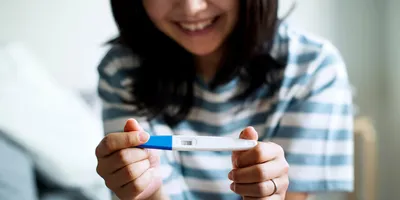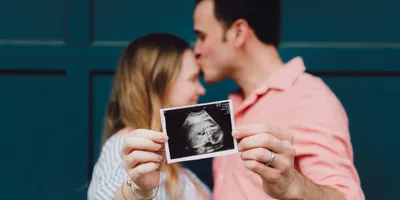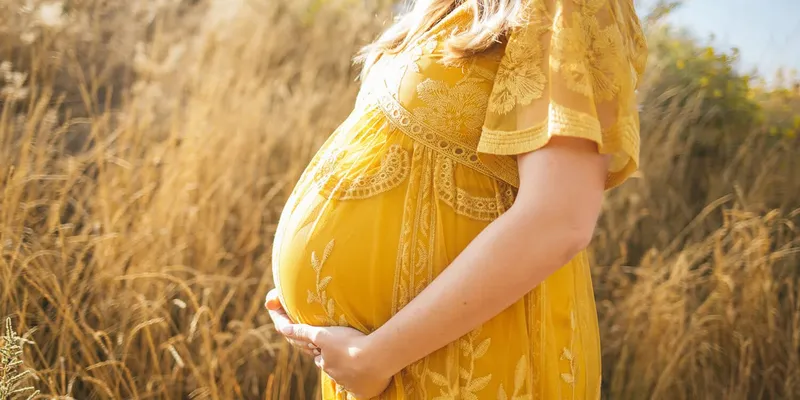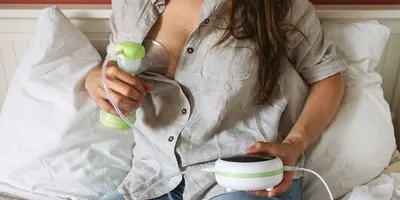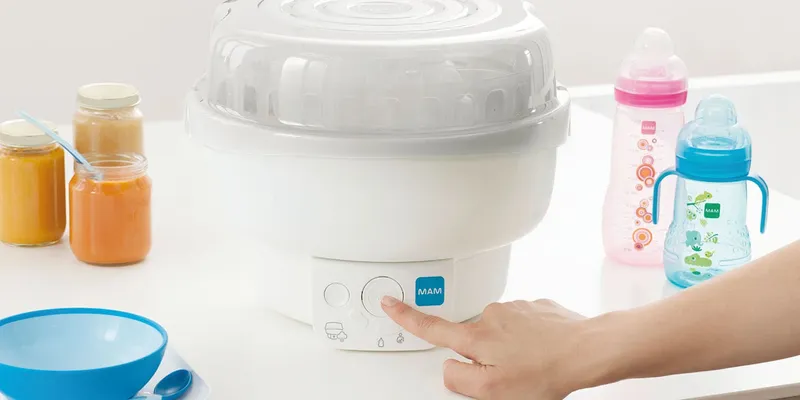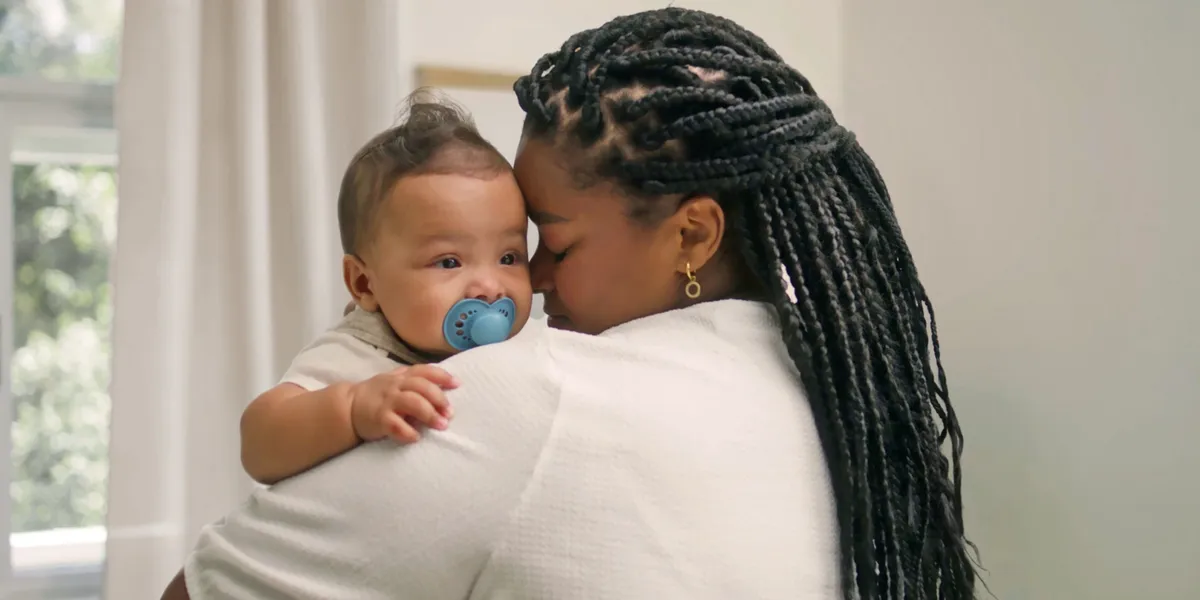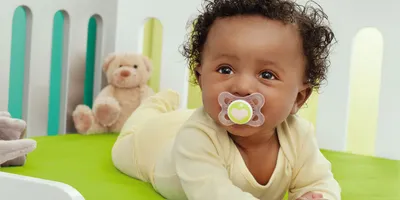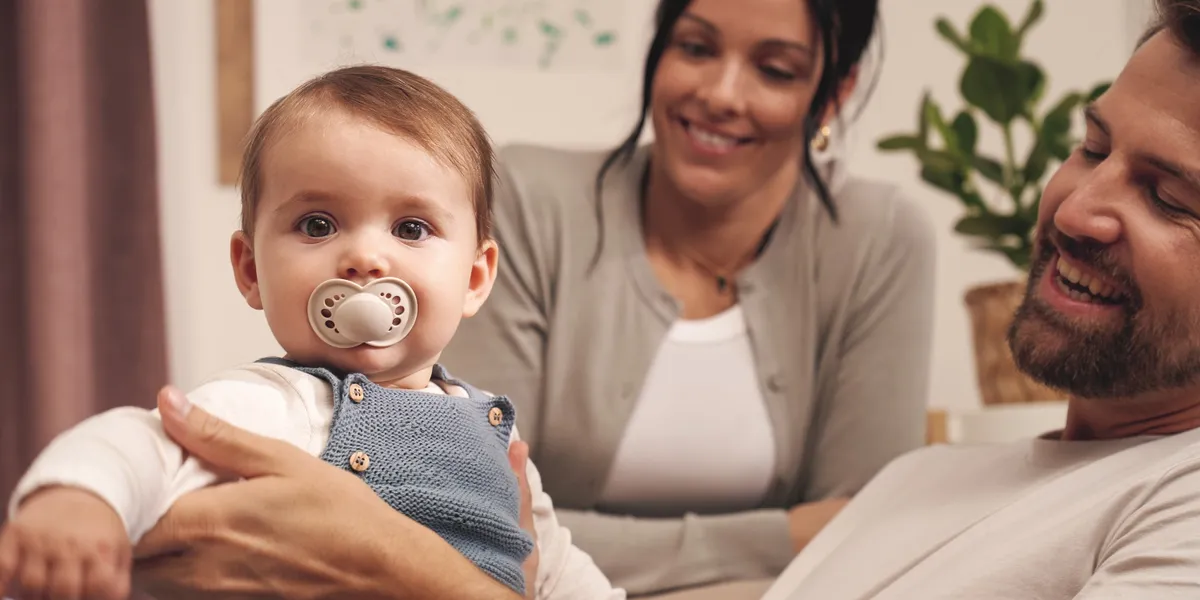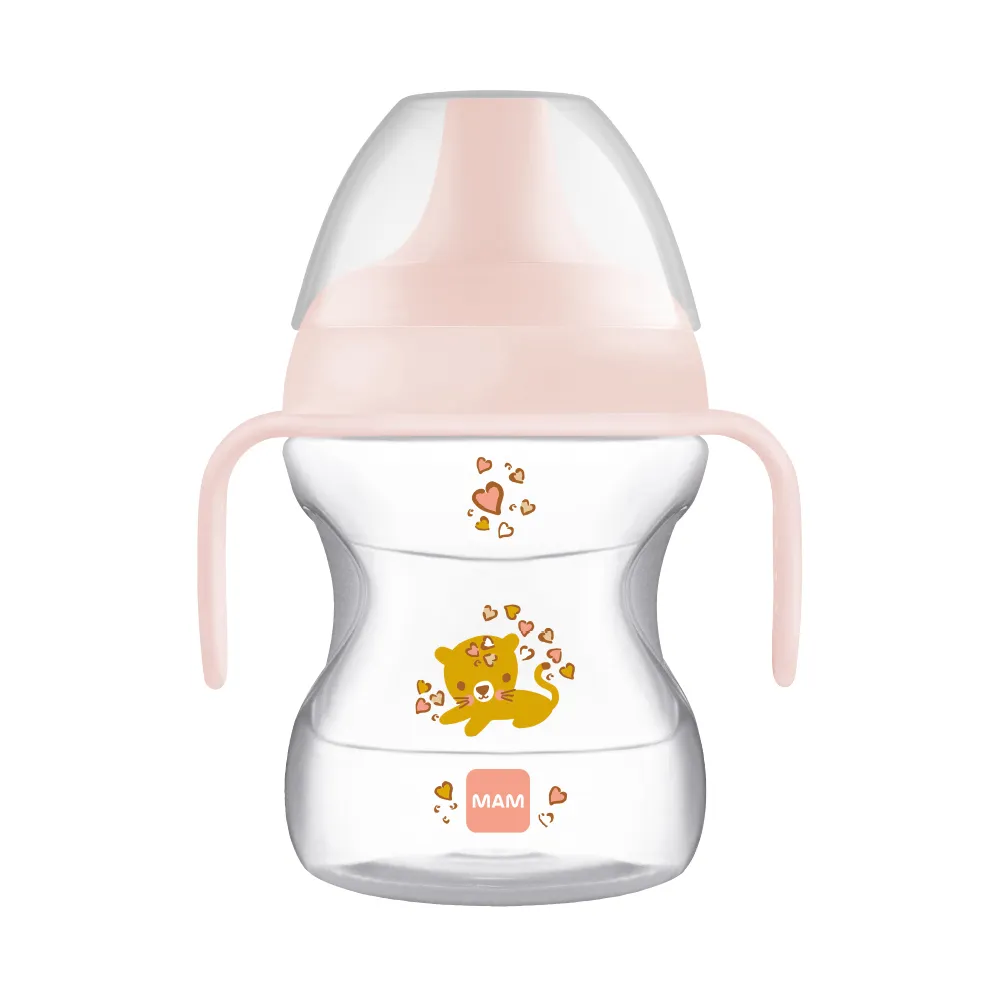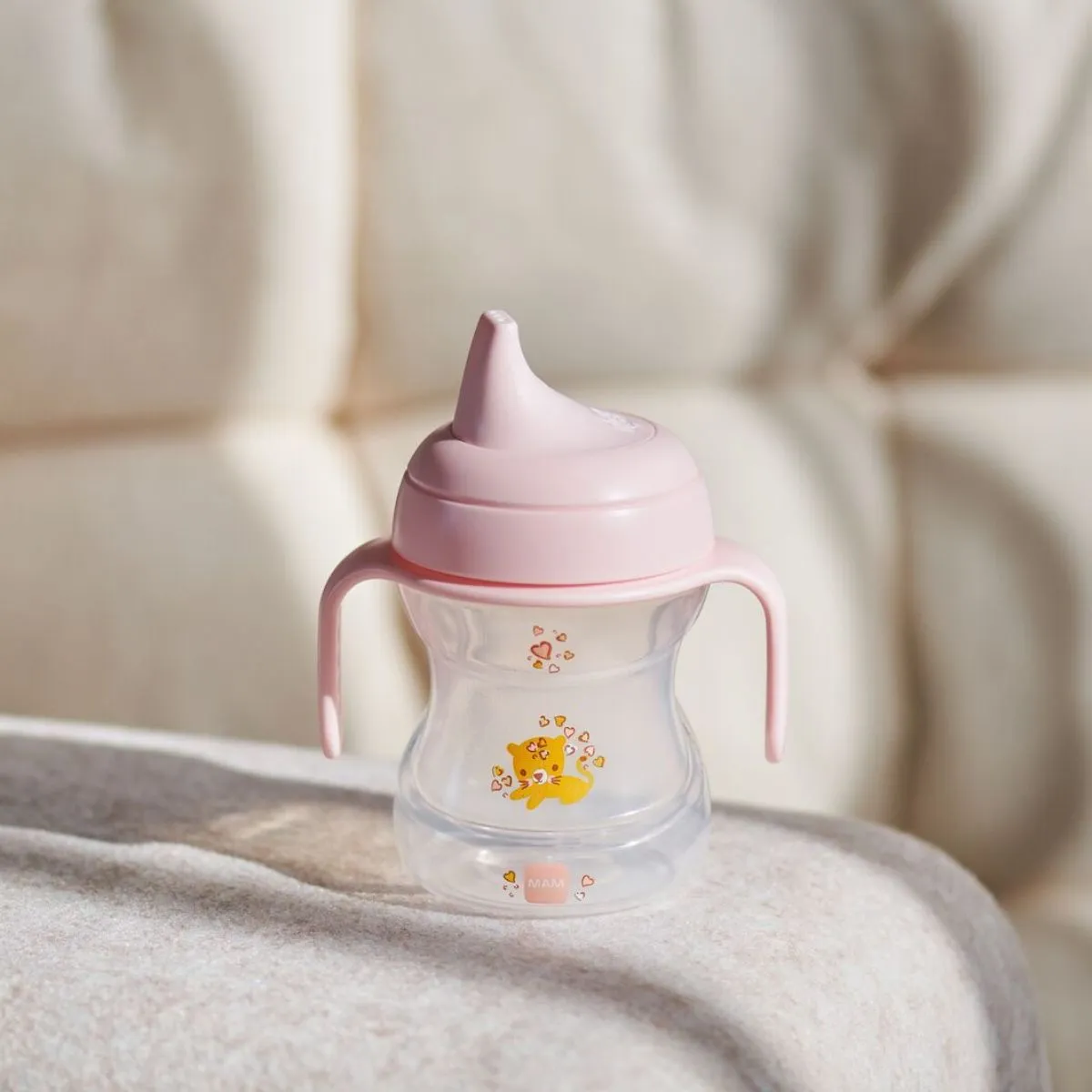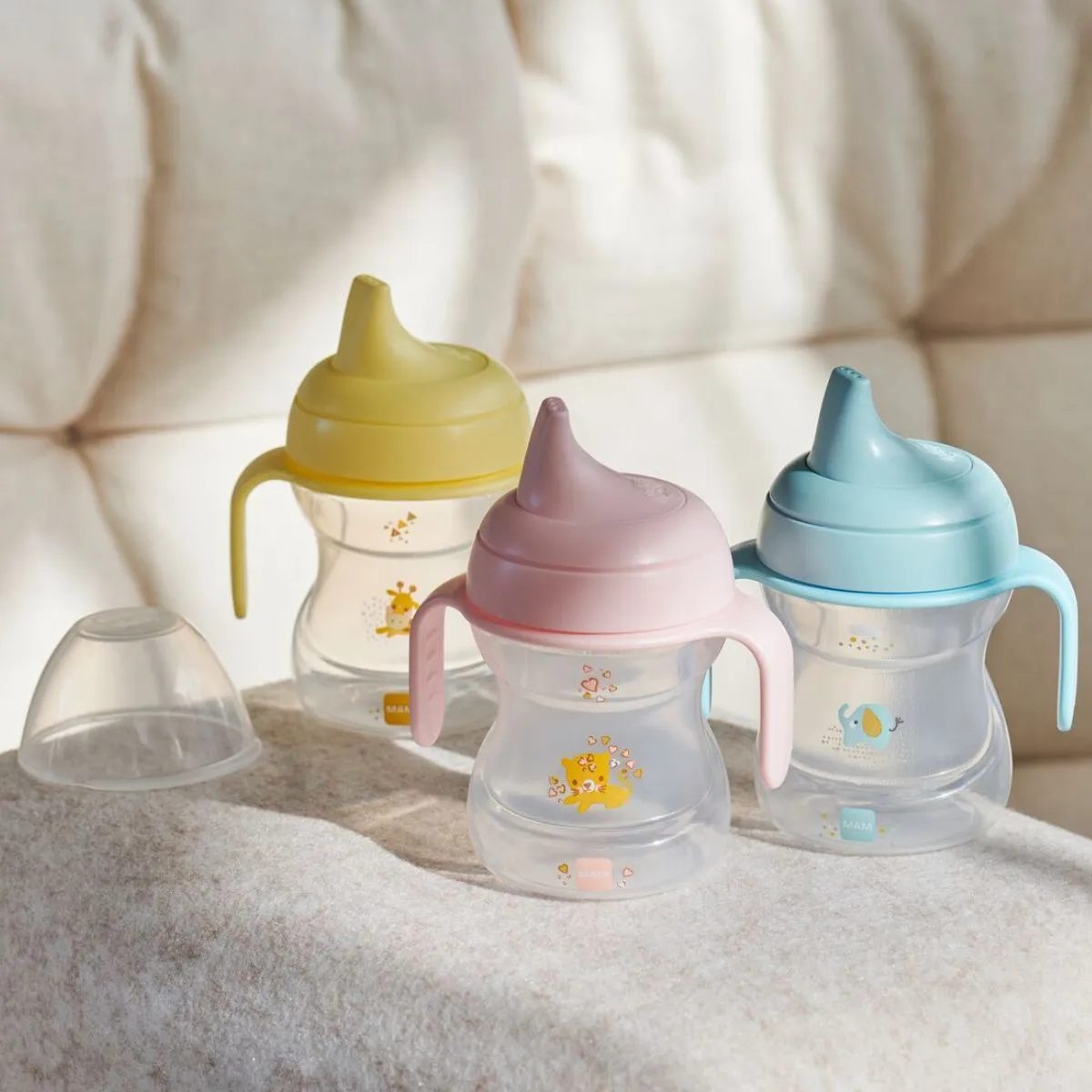Learn to Drink Cup Wild Animals 190ml - Drinking Cup
¿Listo para el vaso Learn To Drink Cup? Los diseñadores de MAM han desarrollado un vaso muy innovador que ayuda al bebé a aprender a beber en forma independiente.
- Con boquilla blanda para una transición fácil del biberón o del pecho al vaso para aprender a beber.
- Antiderrames con la válvula - Flujo libre sin la válvula
- Fácil de sostener
- Diseño con estilo
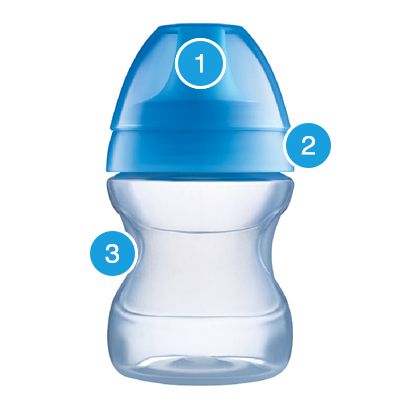
1. + 2. BOQUILLA Y VÁLVULA
Blanda, sensación familiar – para una transición sencilla del biberón o la lactancia materna al vaso. Sistema de válvula patentado.
3. MAM DESIGNS
Antideslizante y curvado en la cintura – fácil de agarrar por los bebé. Compatibilidad en toda la gama – ¡todas las partes de los vasos MAM son intercambiables!
| Color: | Candy Pink, Pacific Blue, Peach |
|---|---|
| Etapas de la vida: | 6+ meses |
| Product: | Learn To Drink Cup |
| Size: | 190ml |
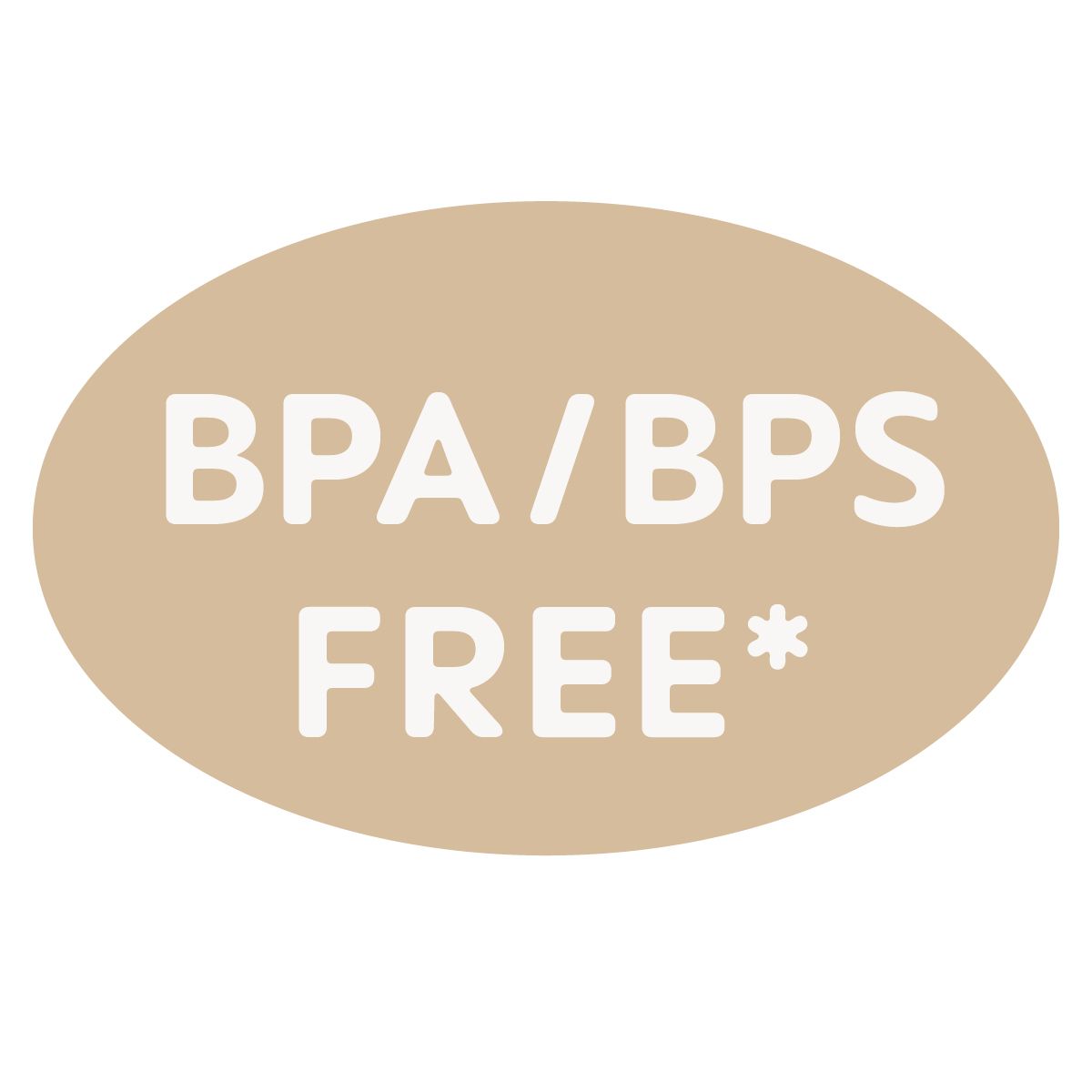
Todos los productos MAM están fabricados con materiales libres de BPA y BPS.
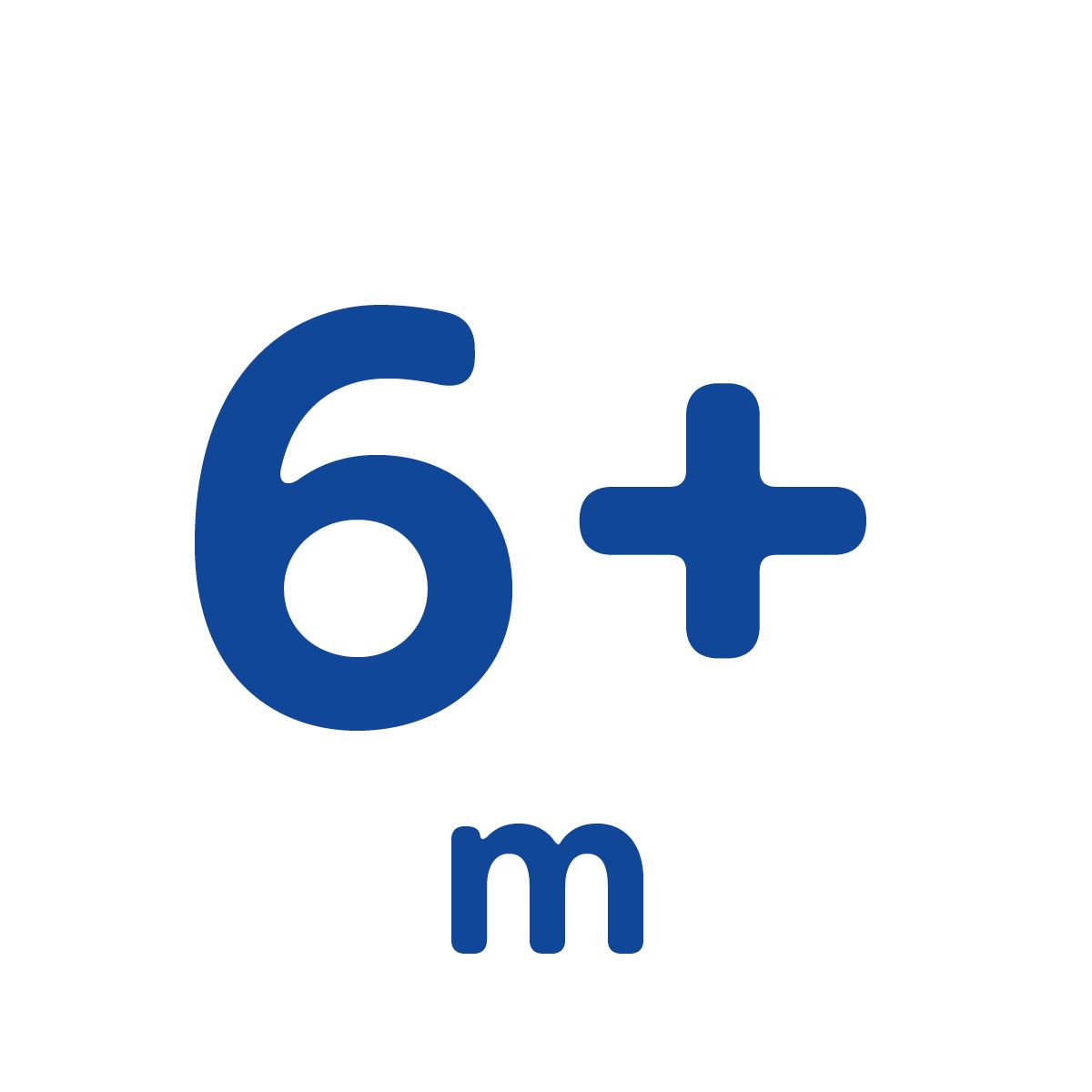
Para bebés de 6 meses
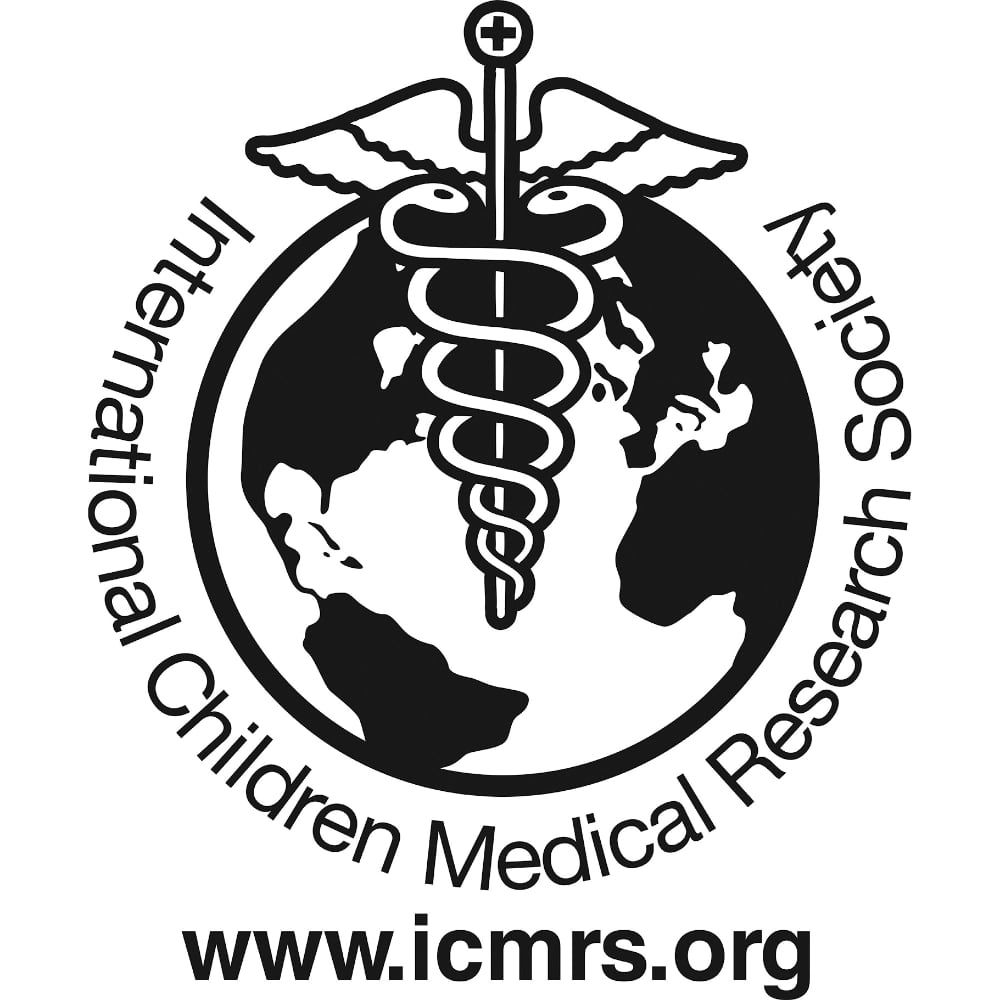
INNOVACIÓN DESARROLLADA CONJUNTAMENTE CON MÉDICOS
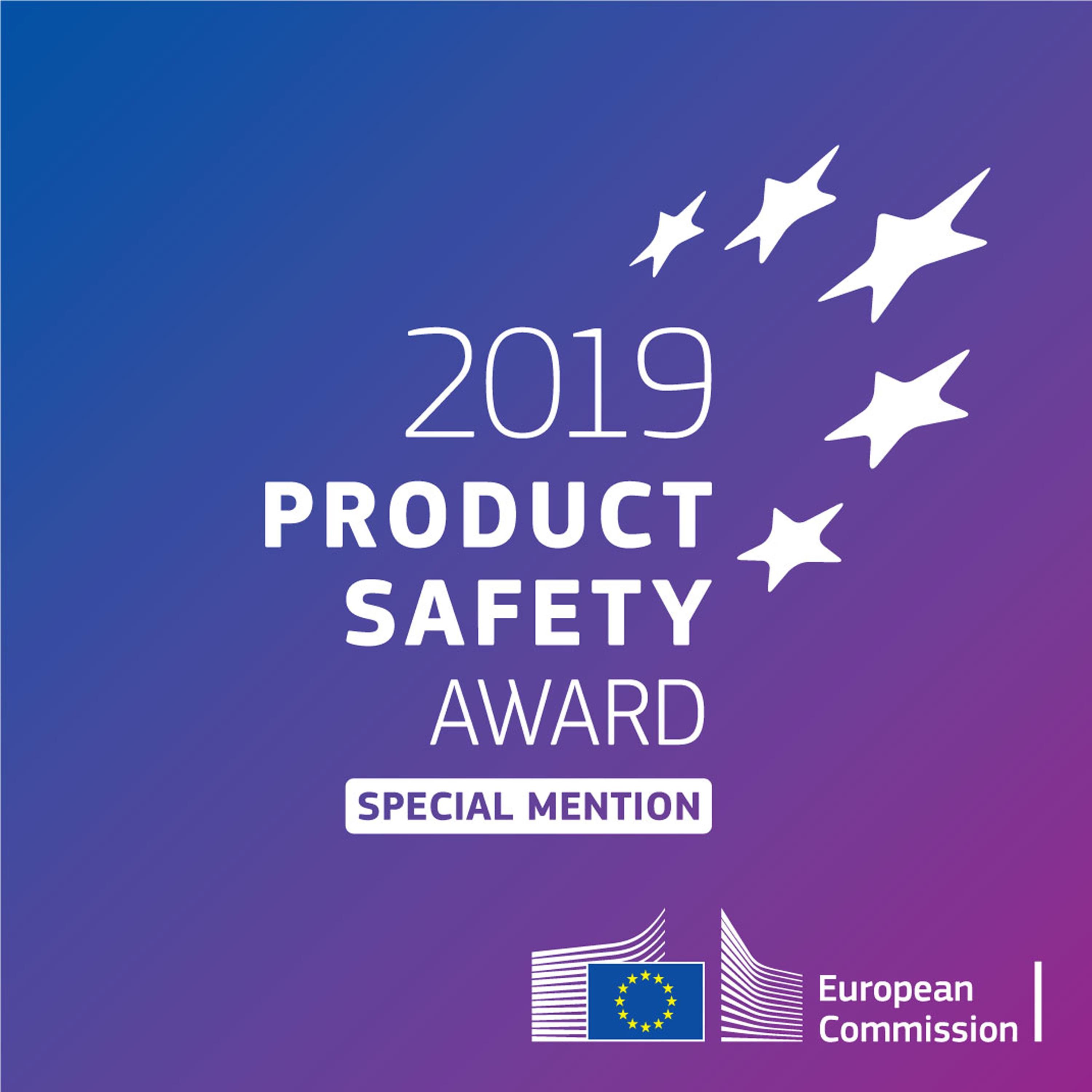
GALARDONADA CON EL PREMIO A LA SEGURIDAD DE PRODUCTO DE LA UE 2019
Four-month-old babies love drinking from a cup. The MAM Cup range provides them with the ideal support here. This will ensure that baby makes the perfect transition from breastfeeding or bottle feeding to independent drinking.
Bisphenol A (BPA) is an important component for the manufacturing of polycarbonate (PC), whereas Bisphenol S (BPS) is an organic chemical used to make polysulfone. Among other items, food packaging, plastic utensils and baby bottles are just a few examples of products made with PC, whereas the main usage of BPS is in thermal papers and inks. The problem: Trace amounts of chemical substances gradually leach out of the plastic into the food and might eventually get into the body. This can affect small children and infants in particular.
As a result of exposure to BPA, experts and studies have seen disruptions to the hormone system and brain, diabetes and heart damage as well as an increased risk of cancer. Although scientific evidence is not yet conclusive, the European Commission - based on the precautionary principle - has banned the usage of BPA in baby bottles in order to protect the health and safety of babies and small children.

